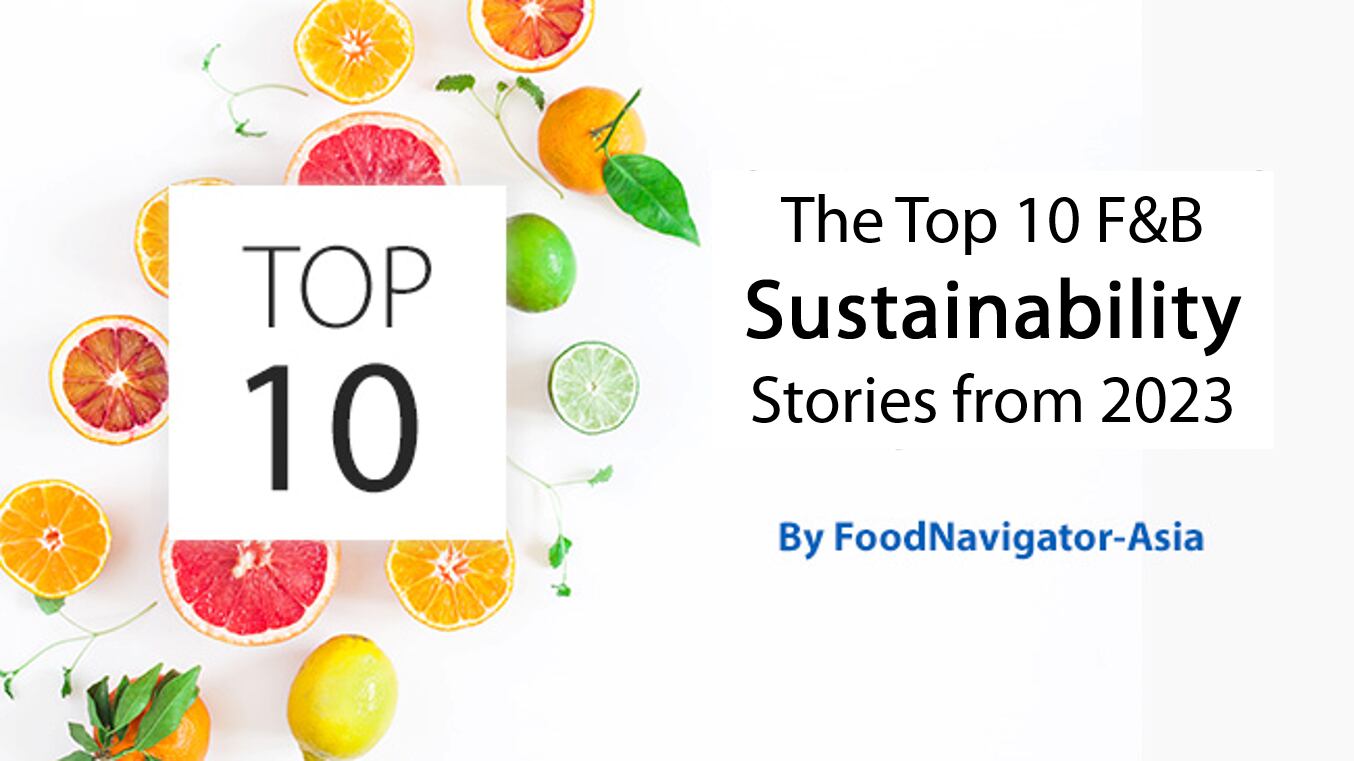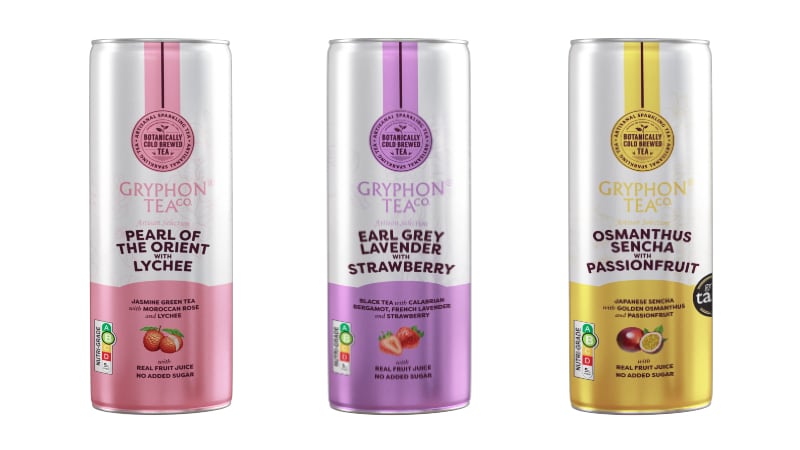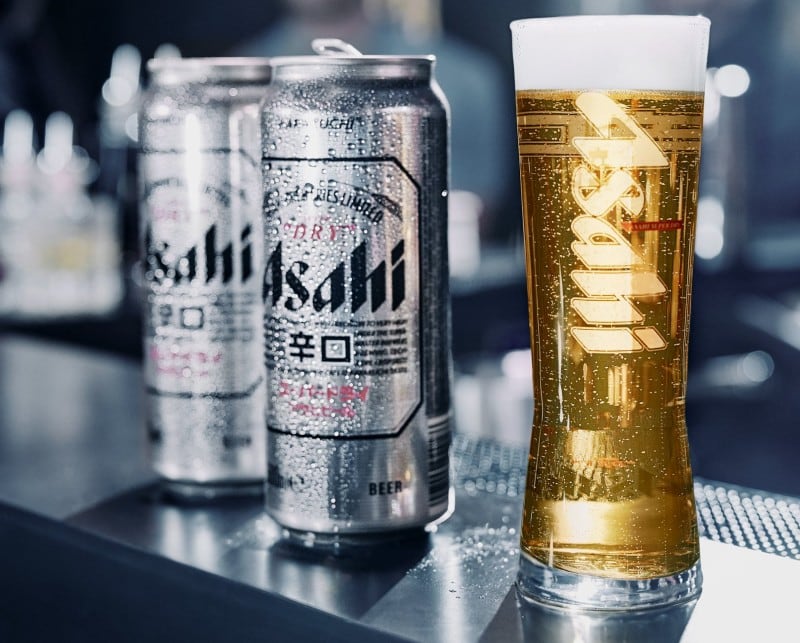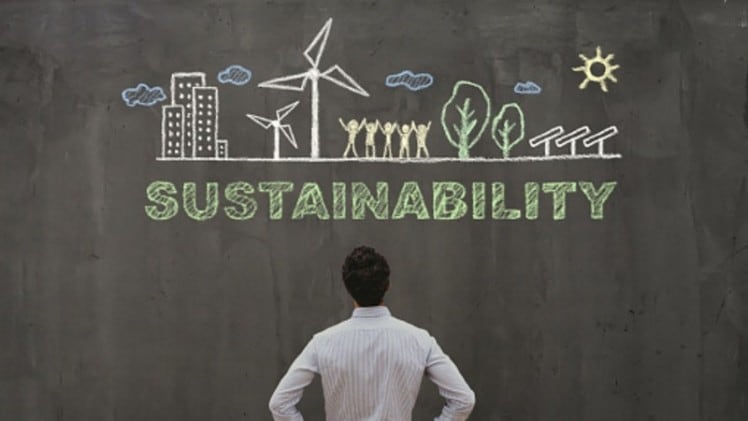Who will pay? APAC cocoa industry says EU Deforestation Regulation could create ‘two-tier market’
The cocoa and chocolates industry in Asia Pacific has voiced concerns that the EU Deforestation Regulation could lead a two-tier market for cocoa beans, which could have far-ranging cost and pricing implications.
A lot of the debate and backlash to the EU’s controversial Deforestation Regulation (EUDR) has largely been voiced and led by the palm oil industry in Asian producer markets, but the policy will also have major impacts for commodities such as cocoa, coffee, rubber and many more.
The EUDR came into force in June 2023, with an 18-month transition period for companies until December 2024.
While the EUDR may have sustainability and deforestation-free supply chains at the heart of its argument, industry stakeholders from beyond the palm oil sector are now avoicing concerns regarding potential impacts to the food and beverage industry.
Palm oil replacement ‘not the answer’: Nestle taps satellite tech for sustainability amid EU Deforestation Regulation debate
Nestle has voiced support for the continued use of palm oil in the food and beverage sector amid intense debate surrounding the recently-enacted EU Deforestation Regulation earlier this year, while also striving to guarantee its supply chain sustainability using advance satellite technology.
The European Union (EU) parliament passed the highly controversial Deforestation Regulation (EUDR) on September 13 2022, which has been subject to intense and continuous scrutiny and protests ever since from many parties, particularly producer nations of commodities such as palm oil, coffee, cocoa and more.
The EUDR has been accused of many things from being a protectionist ploy to the potential catalyst of a new trade war between the EU and South East Asia, with Indonesia and Malaysia also having put aside their differences to present a joint front to the World Trade Organisation (WTO) in protest of it.
The food and beverage sector is expected to be one of the most heavily-hit by this regulation given the commodities in question, but amid the ongoing debate Nestle has broken silence to reassure consumers and investors that it is ‘well placed’ to deal with any requirements the EUDR may bring to its supply chain.
Safe for second use: South Korea approves recycled PET as material for new food and beverage containers
South Korea gave the nod earlier this year for recycled PET plastic to be used as a material to make new food and beverage containers as part of its national sustainability strategy, citing work by international brands such as Coca-Cola and PepsiCo as an inspiration.
The South Korean government has been proactively pushing its sustainability goals to reduce its plastic waste production by half, as well as more than double recycling rates from 34% to 70% by 2030.
Given the latter target, it has unsurprisingly been particularly active in promoting recycling initiatives.
Sustainability amid volatility: Nestle Malaysia pushes energy, packaging and plant-based progress despite economic uncertainty
Nestle Malaysia vowed earlier this year to continue its progress in environmental and business sustainability areas such as renewable energy, recyclable packaging and plant-based product innovation even amidst current global economic instability.
Nestle celebrated its 110th anniversary in Malaysia in 2022 as its global headquarters announced positive growth in the company’s overall organic sales and profits, as well as significant progress in its ESG initiatives.
“Nestle’s peak carbon [emissions status] has been behind us since the 2019-2020 period, but as of 2022 we are also below the 2018 starting levels greenhouse gas emissions, an important achievement,” Nestle CEO Mark Schneider said when presenting on the firm’s ESG progress.
Plant-based challenges: Why ethics, environment and regulatory issues need to be addressed - new review
The booming plant-based sector requires further scientific, technological and regulatory improvements in order to address consumer concerns and increase its commercial sustainability, researchers in China and the US have said.
While the global commercialisation of meat substitutes is intended to counteract the environmental impact of the worldwide growth in meat consumption, it continues to face technological, consumer and regulatory challenges.
Much of the research on meat substitutes has emphasised commercialisation, technological enhancements and lowering costs, with little attention paid to regulatory issues, ethical risk perception, environmental pollution and safety, stated the paper.
Coffee with respect: Nestle aims to maximise Malaysian sector potential via NESCAFE sustainability strategy
Nestle Malaysia highlighted its ambitions earlier this year to advance the domestic coffee sector by drilling down into local trends and improving crop yields via its NESCAFE Grown Respectfully sustainability strategy.
The NESCAFE Grown Respectfully strategy is an international one focusing on major coffee producer markets that grow the coffee beans Nestle uses to make its coffee products, such as India and Vietnam.
Malaysia is a much smaller coffee producer by comparison, but the firm believes that there is much more potential to be discovered and developed on the domestic front here, and is investing in advancing the industry to maximise this potential.
“[Malaysia] is seated within the global coffee belt [but] produces a relatively small amount of coffee crops compared to neighbouring countries such as Indonesia and Vietnam,” Nestle Malaysia Coffee Business Unit Business Executive Officer Raef Labaki told FoodNavigator-Asia.
Beyond the ‘obsession’: Are alternative proteins truly the best path to a sustainable food supply?
Creating a sustainable food supply to meet population demands will require more than just a focus on growing the alternative proteins sector despite its current hype, industry experts have said.
Alternative protein has been one of the biggest trends to hit the food and beverage sector in the past few years, with many strongly believing that it represents the end-solution to creating a sustainable food supply to feed an estimated 10 billion global population by 2050.
But despite its rapid growth and the keen interest both big brands and emerging start-ups have taken in this sector, experts are questioning the veracity and practicality of focusing too much on this to the detriment of developing other potential solutions.
“There is a clear overemphasis on protein [when] today the evidence clearly shows there is no global ‘protein gap,” food systems expert and author of International Panel of Experts on Sustainable Food Systems (IPES-Food) report Politics of Protein Professor Phil Howard said.
Salt and sugar reduction: Kraft Heinz says China, Indonesia plans key part of APAC ESG commitments
Global food giant Kraft Heinz revealed salt and sugar reduction projects for major markets such as China and Indonesia earlier this year, stating its nutritional strategy is a key part of its regional sustainability commitments.
Sustainability and corresponding ESG commitments have emerged as key business and growth strategy components for many multinational food and beverages over the past few years – many focus on environmental or labour issues, which are seen as lower-hanging fruit.
Kraft Heinz has opted to focus a large portion of its efforts on improving consumer nutrition, starting with the reformulation of products in several of its well-known brands.
It also lays claim to being the world’s first company to have a peer reviewed scientific publication assessing its food and nutritional guidelines to ensure credibility, and has committed to have 85% of its global sales coming from products compliant to global nutritional guidelines.
Sustainable strawberries: Singrow debuts commercial application of climate-resilient variety via precision ag-tech
Singapore-based agritech firm Singrow launched what it claimed to be the world’s first climate-resilient strawberry variety developed by genomics technology earlier this year, with wider applications in other crops and functional foods underway.
Genomics technology involves genome sequencing and annotation, and gene adaption and application, which culminate in the development of new and efficient breeding methods, as well as novel crop varieties.
“Understanding the function of genes enables us to find the most suitable growing condition to trigger gene expression. It also allows us to design a precision agriculture protocol to better grow economically important crops,” Dr Bao Shengjie, CEO and chief scientist of Singrow, told FoodNavigator-Asia.
What is palm oil sustainability? Forget premiumisation and complex certifications say experts
The age-old ideas that palm oil sustainability must involve complex certification processes and premium price points needs to be scrapped in order to truly achieve sustainable goals throughout the entire value chain, industry experts have said.
For decades the concept of sustainability in the sector has been linked to expensive certification processes as well as higher price points.
But for sustainable palm oil to truly make its mark in the industry, there is a need to remove the shackles imposed by these ‘outdated concepts’, according to a panel of experts that convened at the Roundtable on Sustainable Palm Oil (RSPO) annual roundtable and symposium.
The panel comprised of RSPO CEO Joseph D'Cruz, Verite Southeast Asia Senior Director Research and Engagement Daryll Delgado, Rainforest Action Network (RAN) Forest Program Director Robin Averbeck and Global Platform for Sustainable Natural Rubber (GPSNR) Director Stefano Savi.





